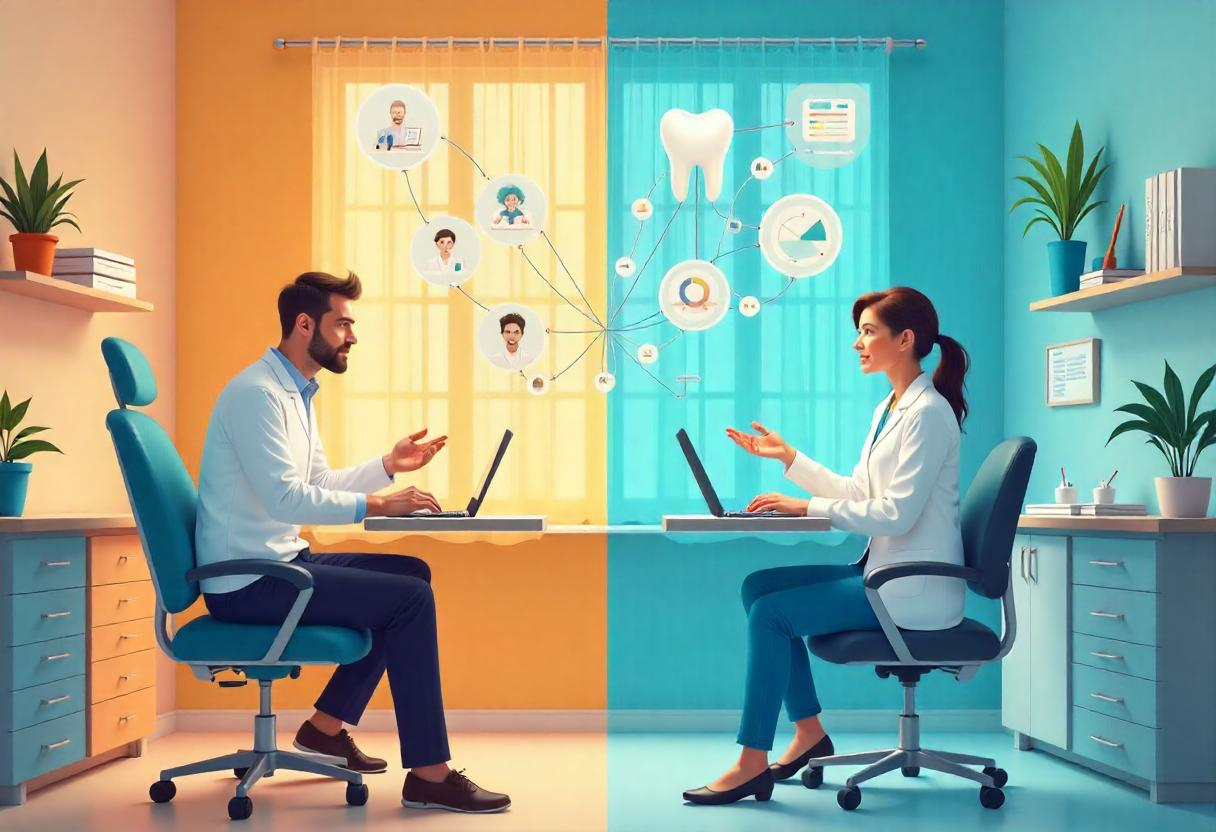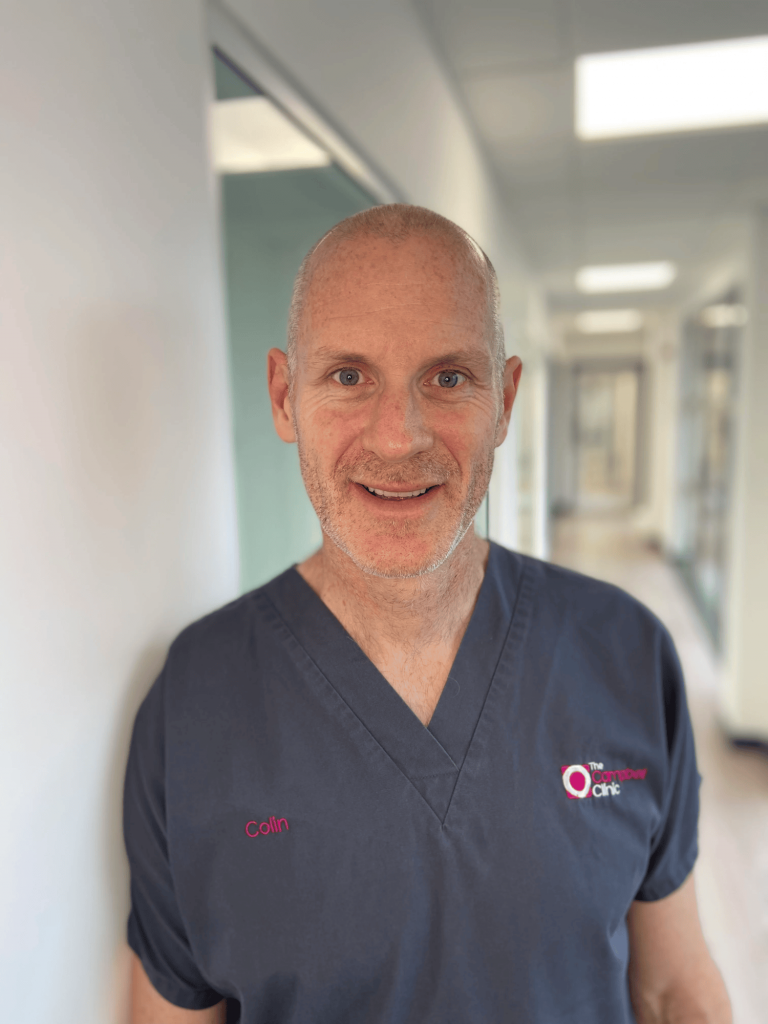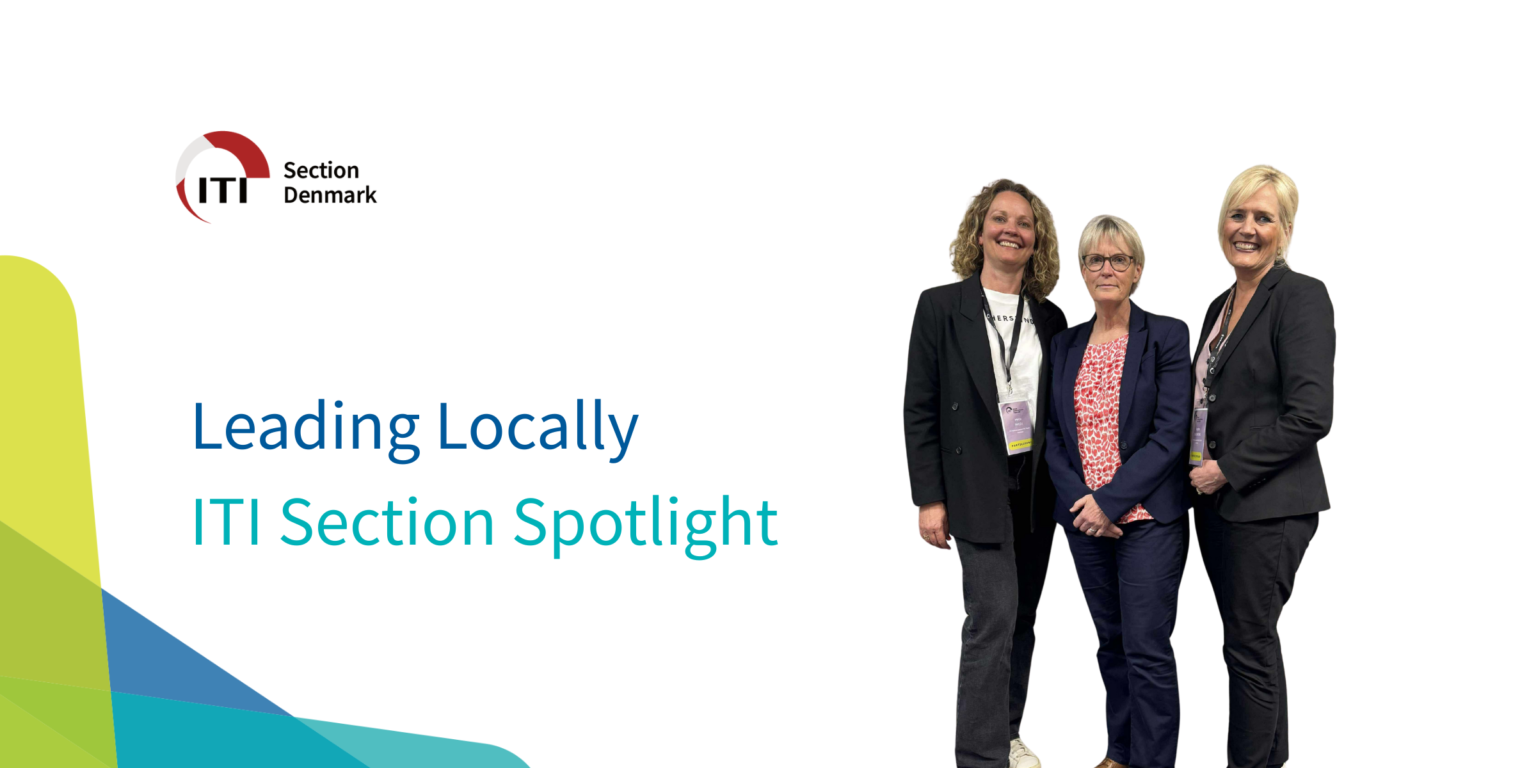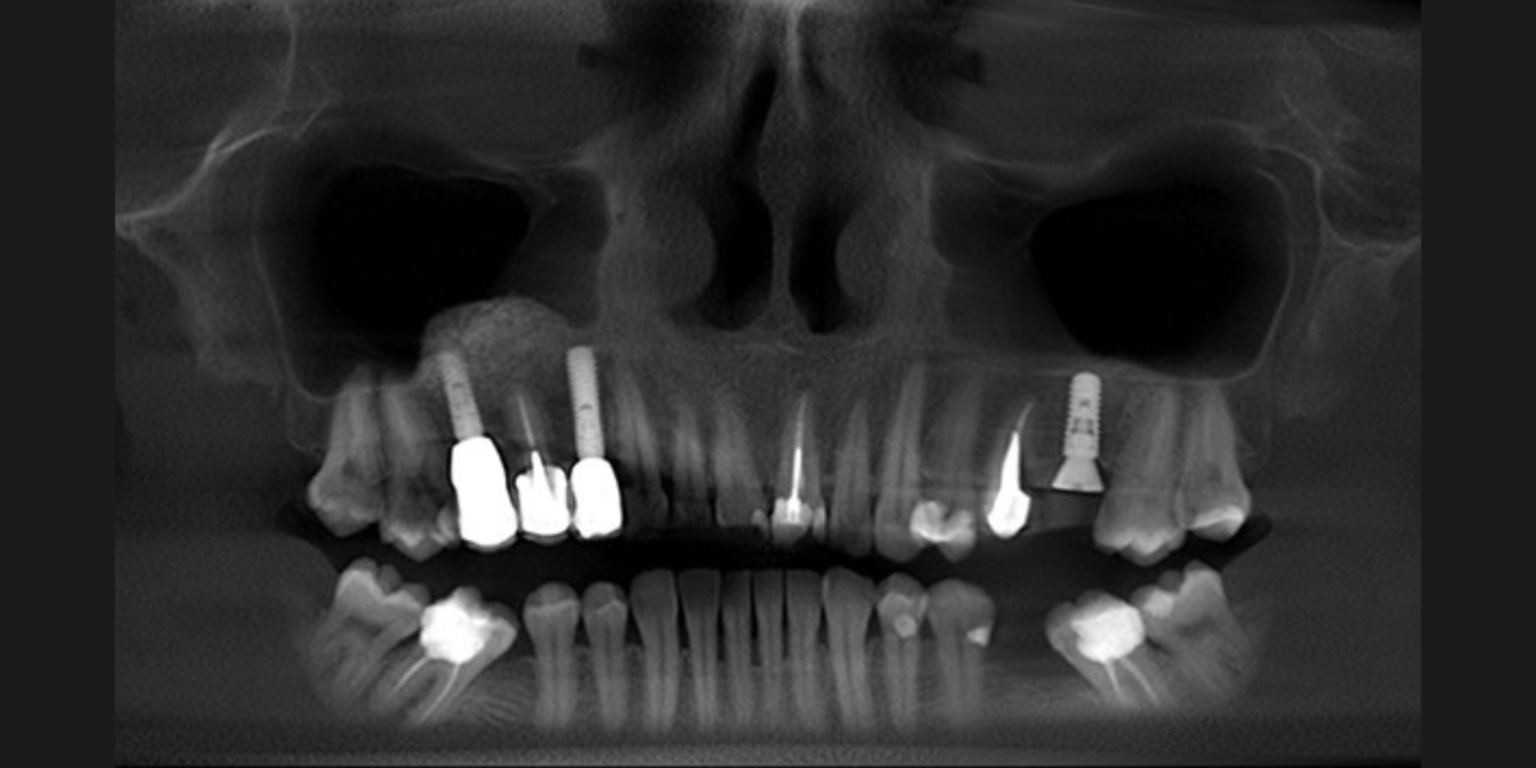In the past, dentistry was a much simpler business and a much easier profession; there were generally more patients than there were dentists, and the procedures that dentists provided were relatively simple for a reasonable return.
So, patients would attend, dentists would treat the patients with simple processes, simple procedures, limited cross-infection control and limited technology, and the patients would pay a moderate fee. The dentist would make some money, and everybody would be happy, and we would continue to go along.
In some countries (including my own country, the United Kingdom), there was significant socially funded dentistry, which made it even easier for dentists not to fail because all they had to do was open a dental practice, and the patients would come and they could claim the money back from the government, make a very nice living and carry on, etc.
It very much seems from my perspective and from my travels around the world and speaking to dentists in many places that this has changed and continues to change even more quickly than ever.
One of the problems we have is that people realise that being a dentist was a good profession, and therefore, more people decided to become dentists, so competition for patients began to increase. Patient awareness began to increase, and the demands of patients for higher quality dentistry increased, and with it, the possibility to earn greater salaries, but also with everything that goes with having to be a better quality provider.
Add to this the difficulty that staff’s expectations of where they work, who they work for and how much they get paid, became greater and greater and continue to rise and added to this, in many parts of the world; there is a shortage of ancillary staff in dentistry, including dental nurses (dental surgery assistants) and dental technicians; this makes dentistry harder and harder to provide when the nursing staff and technicians are more expensive, but the patients don’t want to pay any more money.
Again, adding to this was the advancement of technology, which has brought extraordinary opportunities in dentistry but extraordinary costs; as an example of the challenges of this, some of the greatest things that happened in technology were the creation of what is known as the ‘legacy debt’. Imagine buying an intraoral scanner today; what you’ve done is committed to updating, upgrading, and renewing that scanner indefinitely moving forward.
It’s never a one-off purchase; you now have to have a business that will sustain repurchasing this or more scanners moving forward, the same for computers, CBCT machines, and any other aspect of technology that your practice decides to adopt.
Another factor that adds to this is the compliance element of dentistry in some countries. Now we have to wear gloves on every single patient; now we have to clean our surgeries carefully and meticulously due to the risk of possible infections that patients could suffer, so we have to continue to adhere to the laws and customs of our countries, which become ever more complex and ever more significant.
Add to this the fact that we must keep up to date in all of these areas, and dentistry is far more complicated than it used to be 30 years ago.
What has happened here is that dentistry has moved from a business in which it was almost impossible to fail to a business in which it is much easier to fail.
Dentists now must be expected to be high-level business thinkers with the ability to set visions and missions for their practices, create and lead teams, develop financial models and systems, marketing plans, sales strategies, and then an overall direction of a business to not only allow it to survive, but to thrive moving forwards, so that we can attract better people and better patients, to provide a better life for us, for our teams, for our families, and for us all.
And so it seems to become overwhelming.
As with all of these things, though, we were not born to be people who were able to run businesses (in the same way that we were not born to be dentists).
We also spent a long time learning to be dentists, honing our craft, and improving our skills, so why would that not be the same when trying to run our businesses, departments, or careers?
With this in mind, The ITI has teamed up with my own organisation, The Campbell Academy, to provide an online digital business course called the Digital Dental Entrepreneurial Program.
This is designed to take you through all aspects of the above and to give you frameworks and strategies to learn, thrive, and explore the opportunities you have to make your business better.
There are plenty of free resources that we can offer and conversations we can have if you’d be interested in this.
Check out here if you have any interest, and we hope to see you soon to allow us to move forward for all of us to make dentistry better.
Scale up your practice for a brighter future!
Join the ITI Digital Dental Entrepreneurial Program
Transform your dental practice with a personalized 3-year business plan. Increase revenue, enhance efficiency, and focus on exceptional patient care.
Next cohort starts October 27, 2025.
Not sure yet? Watch free items 👉






